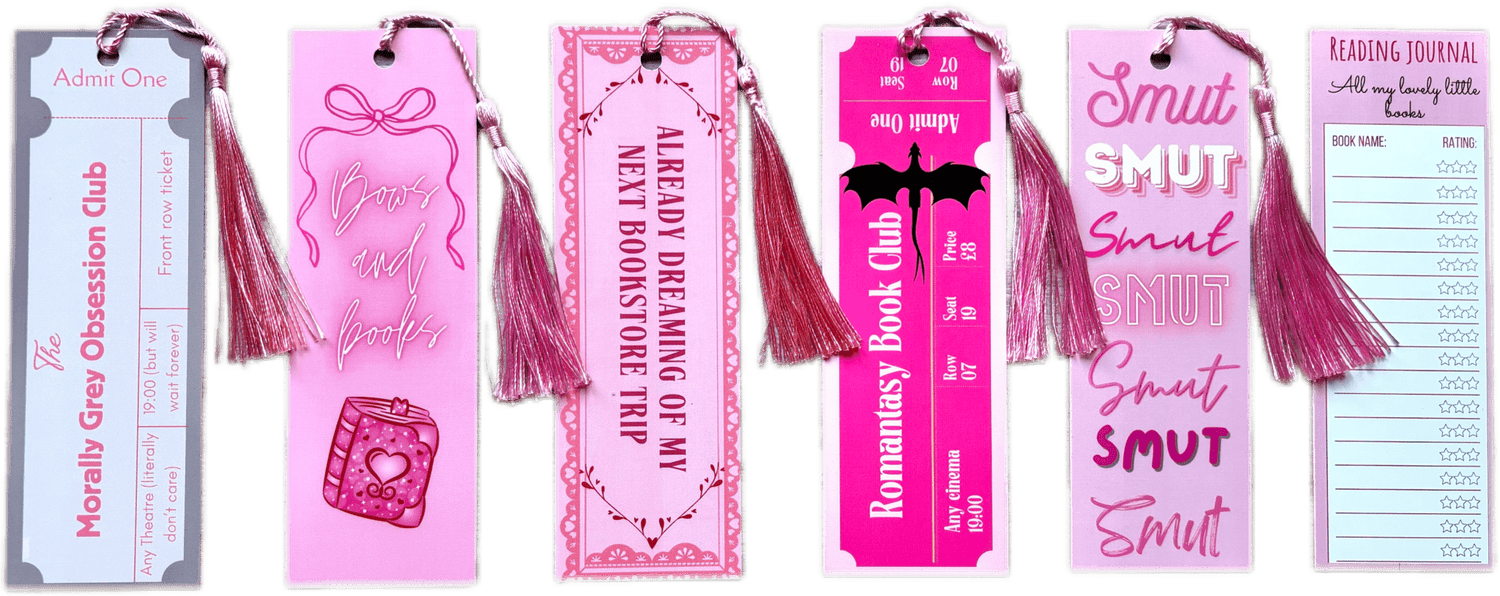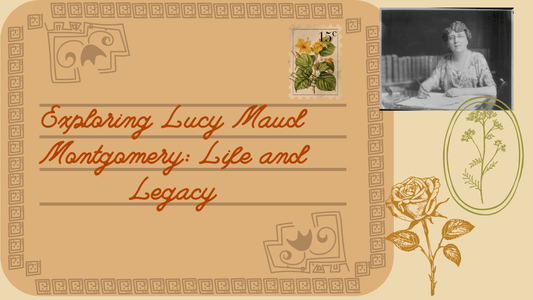The Historical Context of the Poor Law
Life in Victorian London was brutal, especially for anyone without money. I have always found it a fascinating topic to both study and teach. In 1834, the Poor Law Amendment Act shook things up...it meant government help for the poor came with strings attached, and more often than not, families were forced into dreaded workhouses. These institutions were grim places where men, women, and children lived, hardened by rules, strict discipline, and minimal comfort.
The idea was that poverty needed to be unpleasant, a deterrent. But for the poor, it meant long hours, hard labour, and being separated from their loved ones. And the Poor Law was not kind to children. Families were broken apart, and the system often punished people simply for needing help. It’s no wonder that Charles Dickens felt compelled to write against it; he saw first-hand (and fictionalised brilliantly) how cruel the system could be, hence the likes of Oliver Twist and A Christmas Carol.
Charles Dickens: A Voice for the Poor
I’ve always admired how Dickens used his storytelling to give voice to the voiceless...a 'sledge-hammer blow on behalf of a poor man's child'. He didn’t just write about Victorian poverty; he felt it, through characters who suffered under the Poor Law system. Dickens visited London workhouses and observed the tragedies of poverty in real life. In fact, I once visited the Charles Dickens House in London and stood near the old Cleveland Street workhouse. That experience made me really understand why Dickens was so passionate about social reform.

He turned his outrage into novels that readers couldn’t ignore. Instead of dry pamphlets or academic essays, Dickens wrote colourful, emotional stories like Oliver Twist, David Copperfield and A Christmas Carol, packed with vivid characters. Through them, he exposed the true horrors of life under the Poor Law, and did so in a way that made readers care deeply...and demand change.
The Impact of the Poor Law on Society
Economic Conditions and Poverty
The Poor Law Amendment Act created a nasty economic divide. If you were destitute, your only real option was the workhouse. That meant minimal rations, no privacy, and endless drudgery. Outside the gaudy wealth of West End townhouses, tens of thousands struggled to survive. Jobs were scarce, wages were low, and hardship was everywhere. The law made sure that shame and stigma were added to the suffering. Scrooge infamously questions whether the Poor Law and the workhouses are still up and running when the charity collectors arrive at his doorstep and states that he supports the establishments through tax; this cold, unfeeling attitude towards the poor reflects a lot of the attitudes back then, almost blaming people for being poor.
Social Attitudes Towards the Poor
Self-reliance was preached, and people assumed that if you needed help, you weren’t trying hard enough, that you were lazy. What does Scrooge say? "I can't afford to make idle people merry", but Dickens flipped that script. His characters showed how poverty was systemic, not a personal failure. He challenged stereotypes and encouraged readers to look beyond prejudice and judge people by their humanity, rather than their bank balance.
Charles Dickens' Works and the Poor Law
Oliver Twist
In Oliver Twist, Dickens takes on the workhouse head-on with unforgettable scenes like Oliver asking for more gruel and suffering the consequences...“Please, sir, I want some more.” It was a brave denunciation of the Poor Law system and how it punished the innocent. Oliver becomes the symbol of how cruel institutions were to destitute children. Through Fagin, Nancy, and Mr. Bumble, Dickens shows how the Poor Law created cycles of poverty and cruelty. The novel’s memorable characters dripped with humanity, making the injustice impossible to ignore. This themes continues in A Christmas Carol with characters such as Mrs Dilber and Ignorance and Want, showing how poverty is a vicious cycle and will lead to crime out of sheer desperation.
Themes in David Copperfield
David Copperfield explores the darker sides of a boy’s life in a world shaped by poverty and class. Dickens uses David’s journey...from an abused child to a successful adult, to critique the cruelty of institutional systems that separate families and limit opportunity. The harsh boarding school, the terrible conditions at the Micawber’s home, and the despair of David’s stepfather all echo the larger failings of the Poor Law. But through optimism and perseverance, David shows resilience. Dickens makes clear that social reform and compassion can help people thrive, not merely survive.
Critique of the Poor Law System
Public Reactions to the Poor Law
When Dickens published his stories, the public noticed. Newspaper editors and social commentators began speaking out about abuses in workhouses. Letters poured in from readers who’d never considered the poor until Oliver Twist made them look. Dickens wasn’t just a novelist—he had a way of moving readers into action. The 'sledge-hammer blow' started to work!!
Dickens’ Influence
The impact wasn’t just literary. Dickensian outrage fuelled movement. Charities and critics used his stories as evidence of real suffering. Over time, conditions in workhouses improved, and attitudes shifted toward more compassionate approaches. Dickens’ influence helped start conversations about what constituted fair treatment and social responsibility.
Legacy of Charles Dickens and the Poor Law
Dickens' Continued Relevance in Social Issues
Though the Poor Law is long gone, Dickens’s voice is still relevant. He reminds us that poverty isn’t a character flaw—it’s often a force of unjust systems. Today’s readers and writers still reference his stories when talking about homelessness, child welfare, and inequality. Dickens remains a beacon for social critics who believe literature can spark change. He truly was a special man.
The Evolution of the Poor Law in Modern Times
Since the Victorian era, the Poor Law evolved into modern welfare systems. Workhouses were abolished, and laws now include pensions, child benefits, and support for housing. But Dickens’s critique continues to resonate: the idea that society should care for its vulnerable is a lesson we still grapple with. His novels remind us not to forget the people behind the numbers.
Personally, a Little Something Festive…
As someone who loves Dickens (and teaching his stories), I couldn’t resist creating a little tribute of my own. Our A Christmas Carol wax melt gift box is inspired by Dickens’s timeless message of redemption and community. Just like when I visited the Charles Dickens House in London, smells and stories can be powerful reminders of history and I was totally inspired by his home. Lighting a melt while reading A Christmas Carol feels like celebrating Dickens’s spirit in a cosy, fragrant way. It’s a thoughtful gift for book lovers, a festive treat for your own space, and a reminder that compassion matters...on Christmas and every day.












